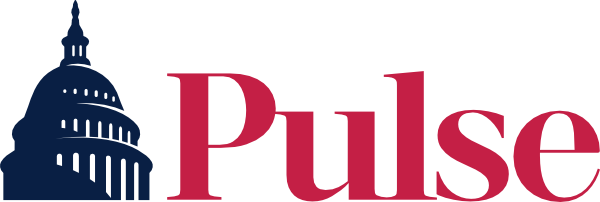North Korea’s Art Exhibition in Moscow: Culture or Propaganda?
Moscow is hosting what is described as the largest exhibition of North Korean art ever held outside the reclusive country, but observers question whether the display is culture—or propaganda.
The exhibition prominently features Russian and North Korean soldiers celebrating their victory over Ukrainian forces in Kursk, alongside paintings of Pyongyang troops in combat.
While it is billed as a cultural event, critics argue that the show serves to glorify the role of North Korea’s military in a recent offensive that saw Ukrainian forces briefly capture nearly 1,400 square kilometers of Russian territory.
For months, Moscow and Pyongyang kept North Korea’s involvement secret, but the exhibition now portrays it as a source of mutual pride.
Visitors have left comments praising the “liberation of Kursk” by North Korean troops, raising questions about the narrative being presented.
British intelligence estimates suggest that around 14,000 North Korean soldiers were deployed, suffering over 6,000 casualties, which highlights the high human cost behind the celebratory imagery.
The artworks are heavily influenced by socialist realism, a style known for idealizing military and social achievements.
Paintings depict happy families in Soviet-style housing, farm workers gathering harvests, and missiles launching, alongside violent historical depictions of the Korean War, reinforcing Pyongyang’s official narratives.
One piece, titled “The Bloodthirsty American Beasts,” shows an American soldier threatening a North Korean schoolgirl, reflecting the regime’s anti-U.S. messaging.
The exhibition also emphasizes the deepening political and strategic ties between Russia and North Korea.
Putin and Kim Jong Un’s handshake is displayed prominently, signaling their mutual defense pact and long-term alliance. The countries have restored direct flights and rail links, further cementing cooperation.
U.S. and South Korean officials have accused North Korea of supplying arms to Russia for the war in Ukraine, allegations Moscow and Pyongyang deny, while focusing public attention on cultural events like this exhibition.

